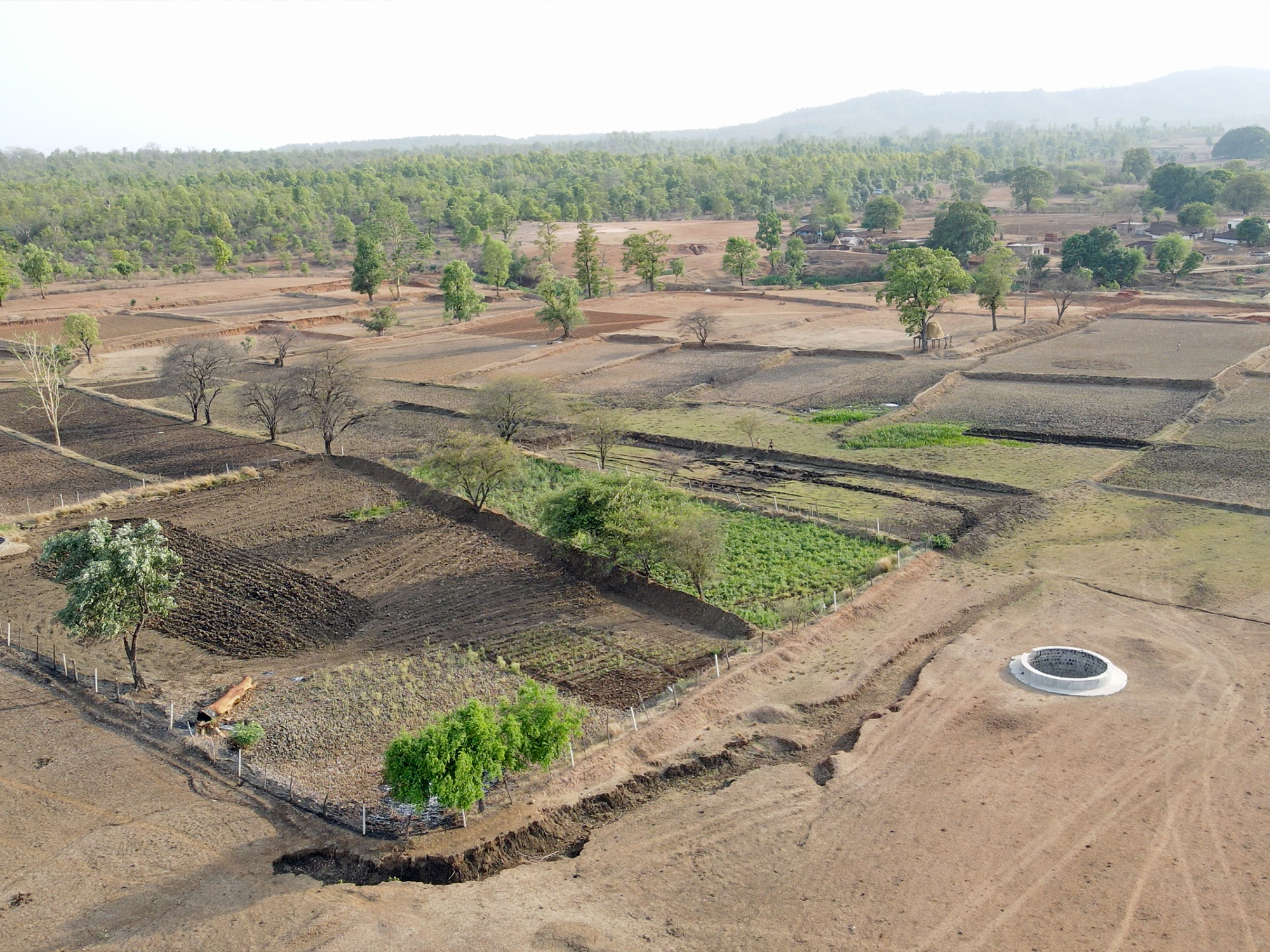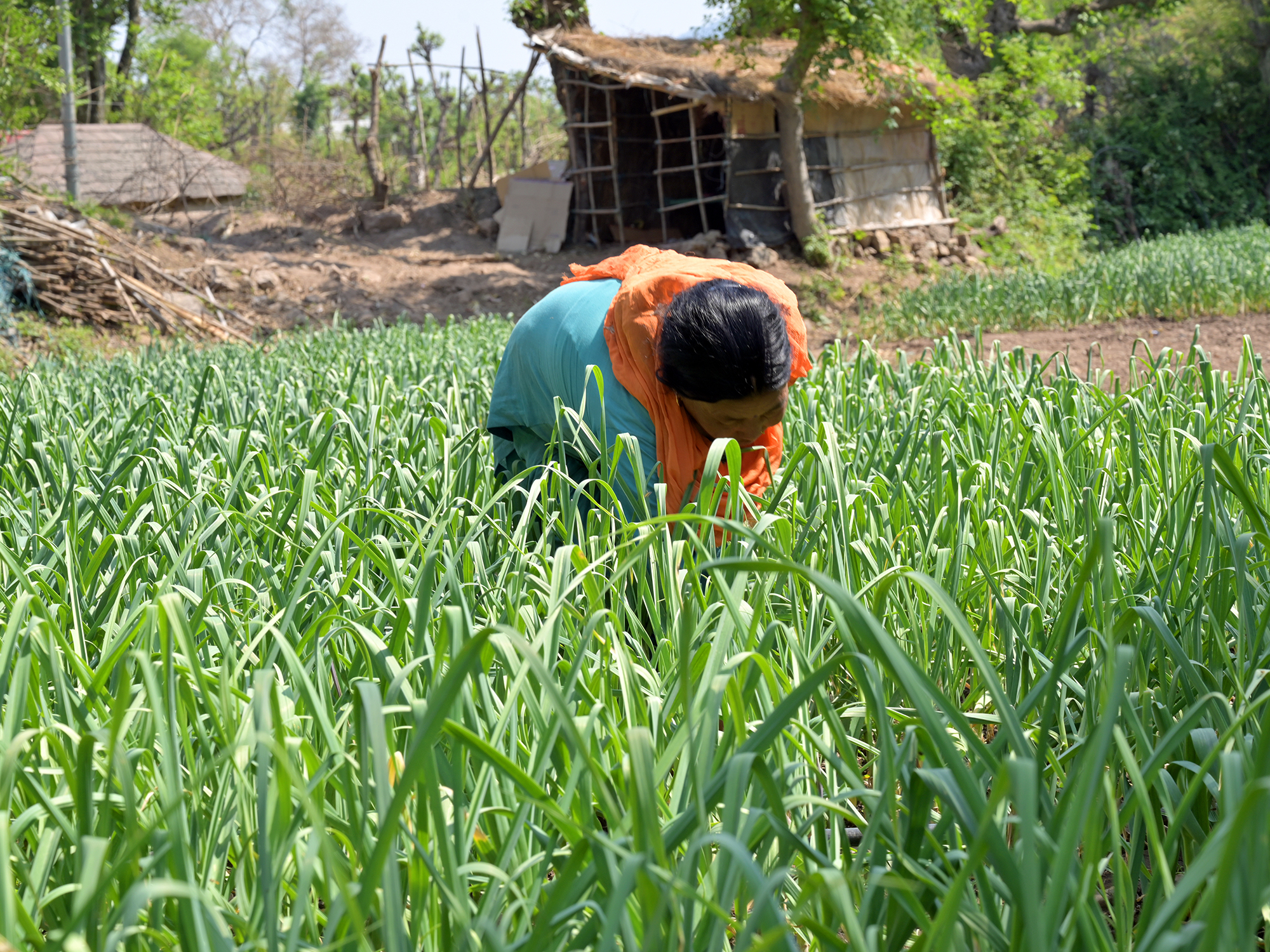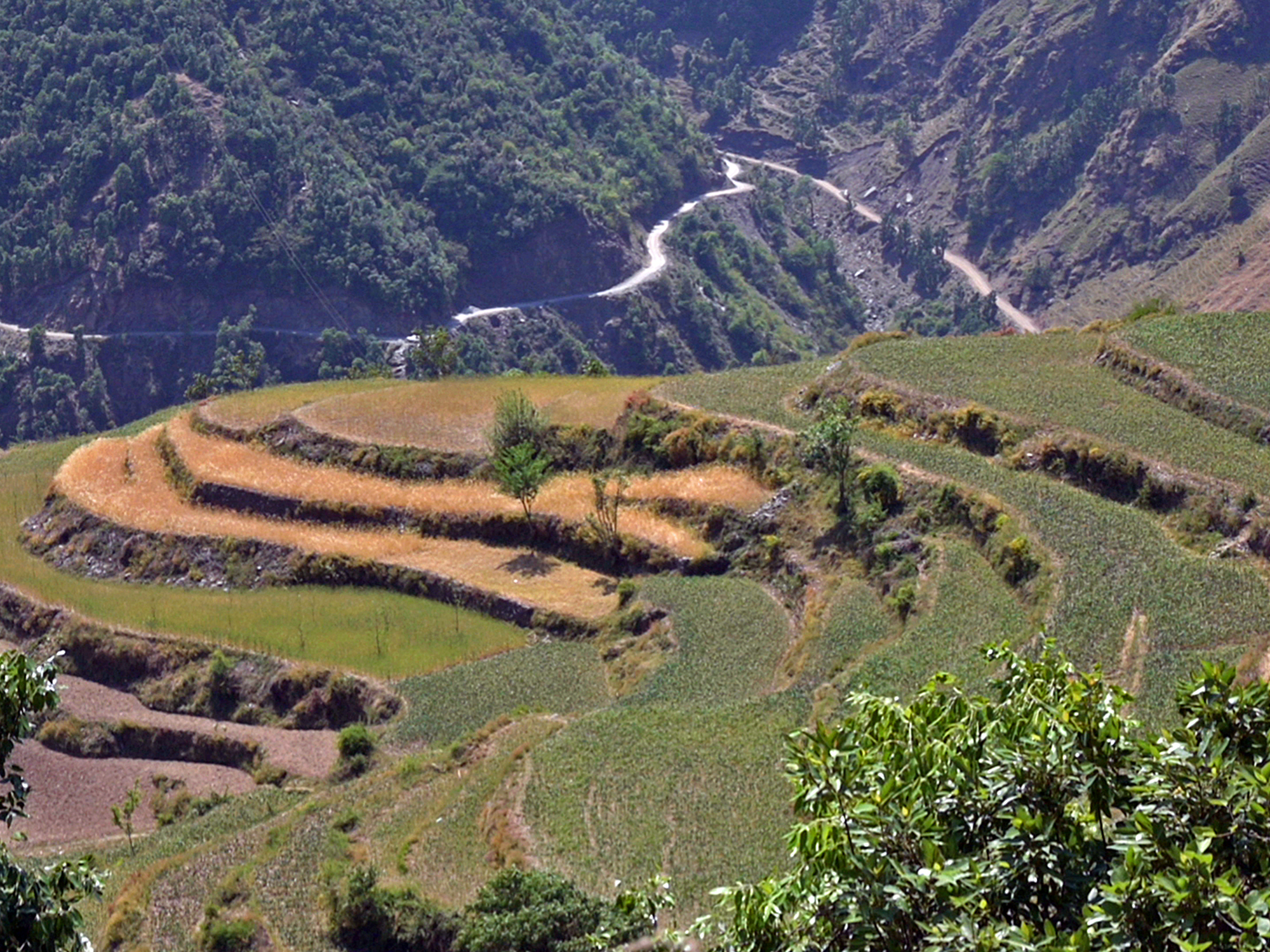Have a question? Mail us at ccce.india@giz.de
German Federal Ministry for Economic Cooperation and Development (BMZ)
January, 2020 - June, 2023
Odisha, Jharkhand, Bihar, Himachal Pradesh, Maharashtra, Karnataka, Madhya Pradesh, Gujarat, Haryana
The implementation of the Indian Nationally Determined Contribution (NDC) on climate adaptation is improved with regards to need and evidence-based planning of adaptation initiatives and climate-sensitive design of financial instruments.
In 2018, climate change cost India over $37 billion (Global Climate Risk Index 2020), the economic loss is nearly twice than what India lost ($79.5 billion) between 1998-2017. Agriculture is seen as one of the worst hit sectors and smallholder farmers that constitute about 85% of India’s farming population, can be put in ‘severe’ risk category. Between year 2010 and 2040, there is a possibility of crop yield fall by 4.5-9% (approx.) due to climate change which may lead to a 1.8% (approx.) fall in GDP. As per a UNFCCC 2019 report, losses to the financial service sector, globally, is estimated at $1 trillion on account of climate-related risks. Sectors prone to climate change risks, both physical and transition risks, have created an exposure of $1.4 tn for Indian banks and investors (Trucost, 2015). Therefore, handling climate risk as a financial risk requires adopting a comprehensive, institution-wide approach cutting across different levels. Mainstreaming of climate risk in India calls for increased awareness, willingness and collaboration between different stakeholders. There is a visible lack of understanding about climate risk and the need for it to be considered across all sectors and not be limited to certain environmental sectors only.
The project supports the National Bank for Agriculture and Rural Development (NABARD), India to manage climate risks in their portfolio. Risks due to climate change will be mitigated in NABARD’s portfolio through better governance, active participation, innovative finance models and processes to ensure that invested time and effort for development plans do not turn into non-performing assets in due time. Project interventions are directed at developing capacities of actors at various levels during planning and implementation. Special focus is placed on specific measures to strengthen strategic interests of women groups that can be adapted to local contexts whilst being scalable countrywide.
With the application of a climate risk screening tool and integration of climate change adaptation into the Tribal Development Fund (TDF) and Watershed Development Fund (WDF), the project aims at mainstreaming climate change adaptation approaches into schemes and policy processes of NABARD development programmes as well as provide decision-making support against future climate impact.
The project is focusing on individual farmers, farmer groups (Farmer Producer Organizations (FPOs)) from selected vulnerable agro-climatic zones; and supporting them towards assessment of climate risks, identification of possible adaptation measures as well as development of climate-proof business plans for accessing funds and investments. Farmers/groups as key agricultural actors need to identify and assess the climate risk to their business and explore suitable climate adaptation measures/solutions for safeguarding their business models from future climate hazards. This would ultimately allow them to budget their activities accordingly and evaluate the benefits to develop climate-resilient livelihoods in long-term.
 A Millets farm(ready for sowing) in the Mandla district of Madhya Pradesh, where CAFRI NABARD is improving climate resilience of farmers in millet value chain (©GIZIndia/CAFRI NABARD)
A Millets farm(ready for sowing) in the Mandla district of Madhya Pradesh, where CAFRI NABARD is improving climate resilience of farmers in millet value chain (©GIZIndia/CAFRI NABARD)
 A farmer in the field of garlic crop in Sirmaur district of Himachal Pradesh, where CAFRI NABARD is exploring post-harvest solutions. (©GIZIndia/CAFRI NABARD)
A farmer in the field of garlic crop in Sirmaur district of Himachal Pradesh, where CAFRI NABARD is exploring post-harvest solutions. (©GIZIndia/CAFRI NABARD)
 A picturesque view of Sirmaur district, Himachal Pradesh (©GIZIndia/CAFRI NABARD)
A picturesque view of Sirmaur district, Himachal Pradesh (©GIZIndia/CAFRI NABARD)
2023 Climate Change and Circular Economy. All Rights Reserved.
Site By -